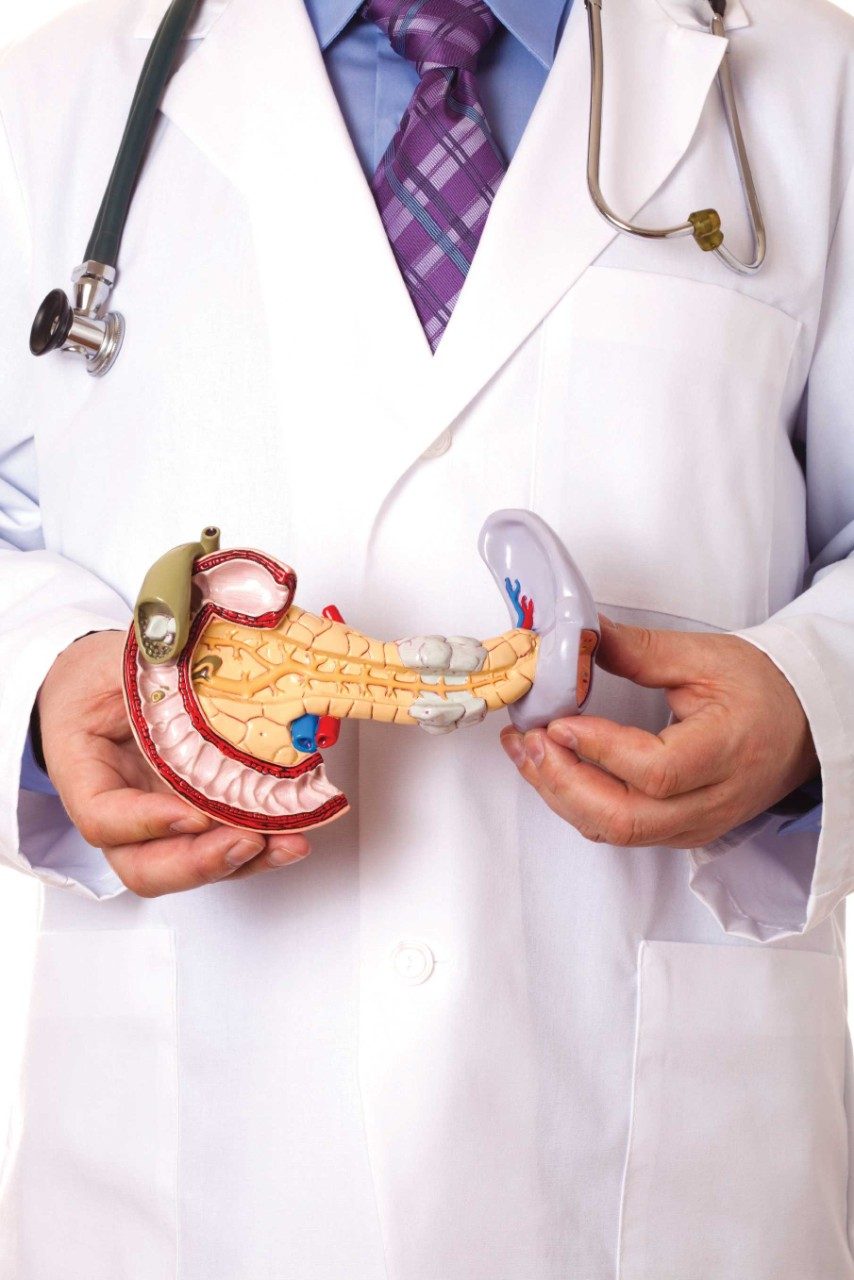Predictor of poor survival recurrence
Head and neck cancer research points to depression

Depression is a significant predictor of five-year survival and recurrence in head and neck cancer patients, according to an MD Anderson study.
Eileen Shinn, Ph.D., assistant professor, Behavioral Science, and lead author of the study, points to increasing evidence for modest associations between elevated depression symptoms and increased mortality risk.
The researchers focused on oropharyngeal squamous cell carcinoma, a type of head and neck cancer that originates at the back of the throat and base of the tongue.
"When we controlled for all variables, depression was linked with a nearly four times higher risk of recurrence," says Shinn.
Looking ahead, the researchers would like not only to replicate the findings in a larger sample but also to determine the biological reason depression makes this cancer more lethal. Possible mechanisms include poor lifestyle behaviors or a different biological response to chronic inflammation that affects cancer biology.
This study was funded by the National Cancer Institute and the National Institute of Dental and Craniofacial Research.






















